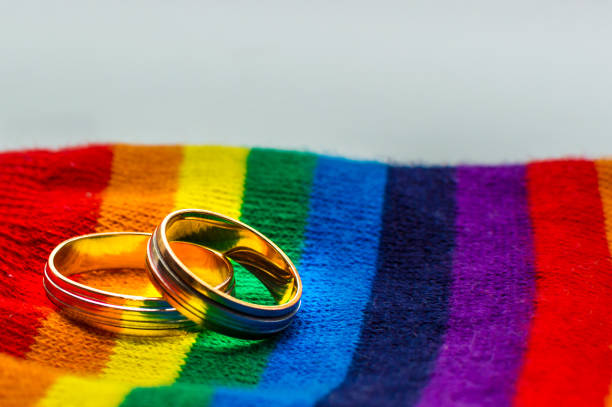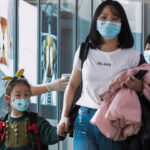
Sir: The immense value of health to human life has been universally acknowledged. As declared in 1948 in Article 25 of the Universal Declaration of Human Rights, everyone has the right to a standard of living adequate for the health and well-being of himself and his family, including food, clothing, housing and medical care and necessary social services, and the right to security in the event of unemployment, sickness, disability, widowhood, old age or other lack of livelihood in circumstances beyond his control.
The ‘Constitution of the World Health Organization’, which came into effect in 1948 also recognises health as a basic human right and states that “the enjoyment of the highest attainable standard of health is one of the fundamental rights of every human being without distinction of race, religion, political belief, economic or social condition. With numerous nation states endorsing the right to health as part of their constitution, these are legally obliged to safeguard access to quality health in a “timely, acceptable and affordable” manner, whilst ensuring provision for the determinants of health.
The meaning of ‘health’ can be individually viewed from various perspectives. Understanding how different individuals consider health on a personal level could provide professionals with useful indications on what can influence behaviour with respect to health and wellness within the general population. Health is a state of complete physical, mental, and social wellbeing and not merely the absence of disease or infirmity. Non-communicable diseases such as dementia and diabetes are now claiming more lives, while infectious diseases such as HIV and tuberculosis are taking far fewer.
The new coronavirus is officially called SARS-CoV-2, which stands for severe acute respiratory syndrome coronavirus 2. An infection with this virus can lead to coronavirus disease 19, or COVID-19. People should also consider risk factors such as their own health and the health of those around them.
There are also some prevention tips for different settings and situations to help a person protect themselves and others from coronavirus. In 1984, the World Health Organisation compiled a report from a working group discussion on health promotion. In this document, health is viewed as the ability of a person or group of individuals to “realise aspirations and satisfy needs,” and similarly, “to change or cope with the environment. Hence, health is considered a “positive concept,” emphasising social and personal resources, as well as physical capacities. With this view, the attention lies on promoting healthy practices, even in situations where disease is already present. This concept leads to the idea of health promotion as a “process of enabling people to increase control over, and to improve their health.’’
Therefore taking care of yourself prevents health problems and saves money by reducing the number of office visits and medications you need. Self-care reduces the heavy costs of healthcare associated with disease.
Tabitha Bala, Mass communication Department, University of Maiduguri.













